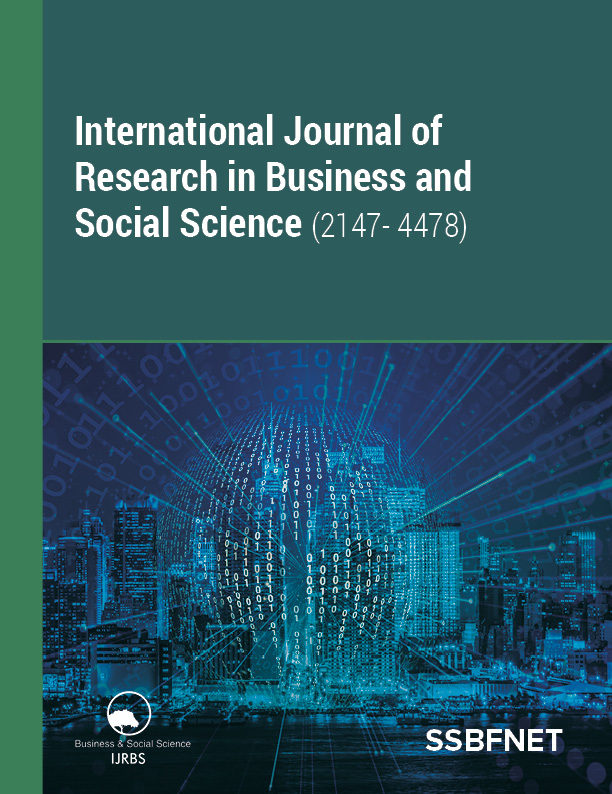
International Journal of Research in Business and Social Science
Yazarlar: Amolo Elvis Juma Amolo, Charles Mallans Rambo, Charles Misiko Wafula
Konular:-
Anahtar Kelimeler:Contingent Capital,Performance of hydroelectric energy projects,Financial risk management instrument
Özet: The purpose of the study was to examine how contingent capital influences the performance of hydroelectric energy projects in Kenya. The study was underpinned on pragmatism paradigm which allows the use of a mixed-method approach and descriptive correlational survey research design. Structured questionnaires and interview guides were used for the collection of quantitative and qualitative data from a sample size of 94 participants out of a target population of 94 subjects. A validity test was done on the instruments and a coefficient of 0.775 obtained using the Content Validity Index while reliability involved pretesting of the instruments amongst the 10% of the participants and Cronbach's alpha coefficient of 0.781 obtained. The analysis was done using both descriptive statistics of mean and standard deviation and inferential statistics of Correlation and Regression at a significance level of 0.05 with the aid of SPSS version 25 and thematic content analysis of qualitative data for triangulation. The hypothesis was tested using Simple linear regression and Pearson Correlation Coefficient models and the result was: H0: Contingent capital does not significantly influence the performance of hydroelectric energy projects in Kenya was rejected since P=0.000<0.05. Therefore, the study concluded that there is a significant influence of contingent capital on the performance of hydroelectric energy projects in Kenya. The study provides valuable knowledge on the effectiveness of contingent capital on the performance of hydroelectric energy projects for policy action and adoption by investors. It is recommended that Project management and policymakers should integrate Contingent capital to improve the performance of hydroelectric energy projects besides developing targeted policies for strengthening the implementation of contingent capital. Further research should be carried out on mechanisms of improving utilization of contingent capital in power projects in Kenya